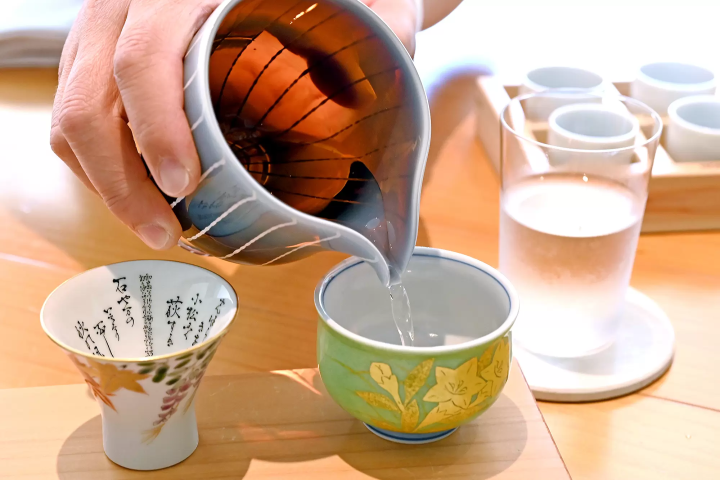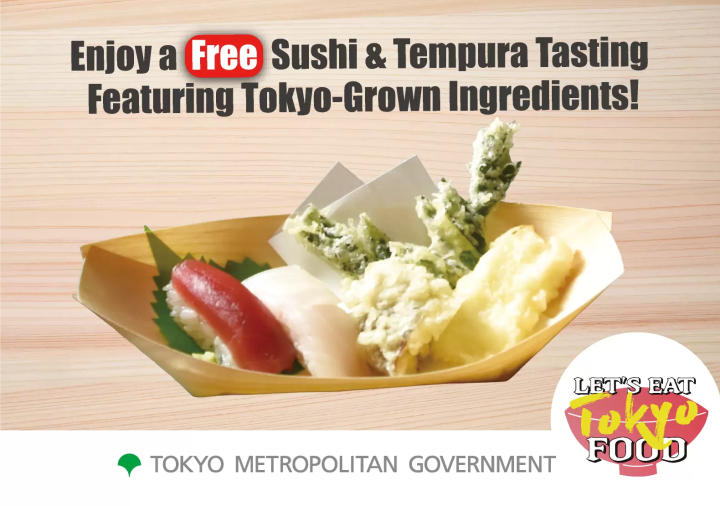[Tomioka City, Gunma Prefecture] Ryukoji Temple, the resting place of factory girls who worked at the Tomioka Silk Mill
![[Tomioka City, Gunma Prefecture] Ryukoji Temple, the resting place of factory girls who worked at the Tomioka Silk Mill](https://resources.matcha-jp.com/resize/720x2000/2025/03/18-228450.webp)
You'll want to stop by after touring Tomioka Silk Mill! We will also introduce the highlights of Ryuko-ji Temple and the heartwarming anecdotes of the deputy chief priest, Mr. Jingu.
-
Table of Contents
- What is Ryukoji Temple?
- Within walking distance from Tomioka Silk Mill! Access to Ryukoji Temple
- A common history with Tomioka Silk Mill, a world heritage site
- 3 must-see highlights
- Story of Deputy Chief Priest Jingu-san
- [Ryukoji Temple Basic Information]
What is Ryukoji Temple?
Ryuko-ji Temple is home to the graves of 52 female factory factory girl who worked at the government-run Tomioka Silk Mill (1897-1893), as well as Western painter Ichiro Fukuzawa, among others. It has been designated as a historic site by Tomioka City with the name "Tomioka Silk Mill factory girl Grave'', and is loved by many people, including locals.
When you pass through the gate of Ryukoji Temple, you will see Tomioka Children's Garden. Because the temple school of Ryukoji Temple was the predecessor of the current Tomioka Elementary School, there is a structure called a children's school within the temple grounds. The new school building was completed in spring 2021. It features modern architecture designed by the architect Tezuka.
Within walking distance from Tomioka Silk Mill! Access to Ryukoji Temple
■From Haneda Airport to Tomioka City: Approximately 2 hours and 45 minutes
Haneda Airport (Tokyo Monorail) - Hamamatsucho Station (Yamanote Line) - Tokyo Station (Joetsu/Hokuriku Shinkansen) - Takasaki Station (Joshin Electric Railway) - Joshu Tomioka Station
■From Narita Airport to Tomioka City: approximately 3 hours and 45 minutes
Narita Airport (Skyliner) - Ueno Station (Joetsu Shinkansen/Hokuriku Shinkansen) - Takasaki Station (Joshin Electric Railway) - Joshu Tomioka Station
★ Tomioka Silk Mill (7 minutes walk/500m) Recommended!
★Joshu Tomioka Station➡Ryukoji Temple (9 minutes walk/700m)
★Joshu Tomioka Station ➡ To Tomioka Silk Mill(11 minutes walk/750m)
A common history with Tomioka Silk Mill, a world heritage site
Approximately 400 years ago, Ryukoji Temple had a much larger site than it does today. It is said that the Tomioka Silk Mill and Ryukoji Temple were connected on one site, and the town was made up of believers.
In addition, among the factory girl working at the Tomioka Silk Mill , there were some who were unable to return to their hometowns because they were forced to leave their hometowns, live in groups that they were not used to, and fell ill at a young age.They died before they could reach their dreams. At that time, there were no trains and no way to return home.
Ryukoji Temple handed over the land to the Tomioka Silk Mill and accepted the deceased factory girl. The two sites have a strong connection, and to this day, the two are working together to build history.
\Click here to learn about the charms of the World Heritage Site “Tomioka Silk Mill”! /
3 must-see highlights
① Carvings on the main gate
The gate is beautifully carved and always welcomes visitors. It was completed 37 years ago, and if you look closely, you'll see a dragon holding a medicine pot. It was carved out of the priest's father's desire to "hope that those who pass through this gate will be cured of their illnesses". There are also demons in the four corners, and there are depictions of them being trapped.
② A 400-year-old ginkgo tree, a natural monument that Tomioka City is proud of
As you approach the main hall, you will be overwhelmed by the large ginkgo tree on your right. The tree is estimated to be about 400 years old, 25m tall, 9.5m wide, and has been designated as a Tomioka City Natural Monument."
"I want people to know that Ginkgo is a great ginkgo that has seen the changes of the city", said Mr. Jingu, the deputy chief priest.
There is also an anecdote about the giant ginkgo. Apparently, during the Meiji period, the main hall was once struck by lightning and burnt down, and the fire was extinguished by spraying water from the top of the tree. Hearing the story of the giant ginkgo that saved Ryukoji Temple from a crisis made it feel even more important.
③ “Ojuya”, an annual festival that inherits 600 years of tradition
Ojuya is an annual festival held on November 14th every year to pray for the healthy growth of children. The tradition began in 1495 at Komyoji Temple in Kamakura, where permission was granted by the Emperor, and the tradition has been preserved for about 600 years.
Approximately 5,000 people visit in one day, and it is crowded with many open-air stalls and people every year.
On Ojuya, it is a traditional event to eat rice porridge called "Ojuya gayu'' with chopsticks, and it seems that this tradition began due to the association with sericulture farmers.
Sericulture farmers have the task of transferring silkworms into square boxes called "mabushi'' in order to allow the silkworms to make cocoons. It is said that by using chopsticks that have been eaten with "Ojuya porridge'' a well-shaped cocoon can be made.
Story of Deputy Chief Priest Jingu-san
Ryukoji Temple and Tomioka Silk Mill have an inseparable bond. Mr. Jingu believes that the graves of factory girl are divided into early and late graves. In the early days, when a factory girl died, the factory girls pooled money to build a grave for each other, and in the later period, the factory paid for a tombstone to be erected in their joint names, so the factory girl of those days probably also visited the grave. Mr. Jingu thinks back to when he would have come.
What I value every day is "surviving one day at a time".
In the future, he hopes that more groups and foreign visitors to Japan will visit, and that Ryukoji Temple will become the core of the local community.
Recently, he seems to be putting more effort into posting on Instagram. "I would like you to pay respect to the women who were the foundation for Japan's national prosperity. The industrial products we have today, such as smartphones, are made in factories. I want people to feel that this is linked to Tomioka Silk Mill,'' says Mr. Jingu with a smile.
[Ryukoji Temple Basic Information]
Address: 1093 Tomioka, Tomioka City, Gunma Prefecture 370-2316
TEL: 0274-62-0528
access:
★ Tomioka Silk Mill (7 minutes walk/500m)
★Joshu Tomioka Station➡Ryukoji Temple (9 minutes walk/700m)
★Joshu Tomioka Station ➡ To Tomioka Silk Mill (11 minutes walk/750m)
The Tomioka City Tourism Association utilizes the tourism resources of Tomioka City, including the Tomioka Silk Mill and Mt. Myogi, in order to increase the number of visitors while contributing to the development of the local economy.
The contents on this page may partially contain automatic translation.


![[Tomioka City, Gunma Prefecture] Complete guide to the World Heritage Tomioka Silk Mill” - Access, highlights, etc.](https://resources.matcha-jp.com/resize/200x2000/2023/11/29-154334.webp)
























![[Shinjuku Nishiguchi HALC] About the d Point Campaign](https://resources.matcha-jp.com/resize/720x2000/2026/02/14-258714.webp)



